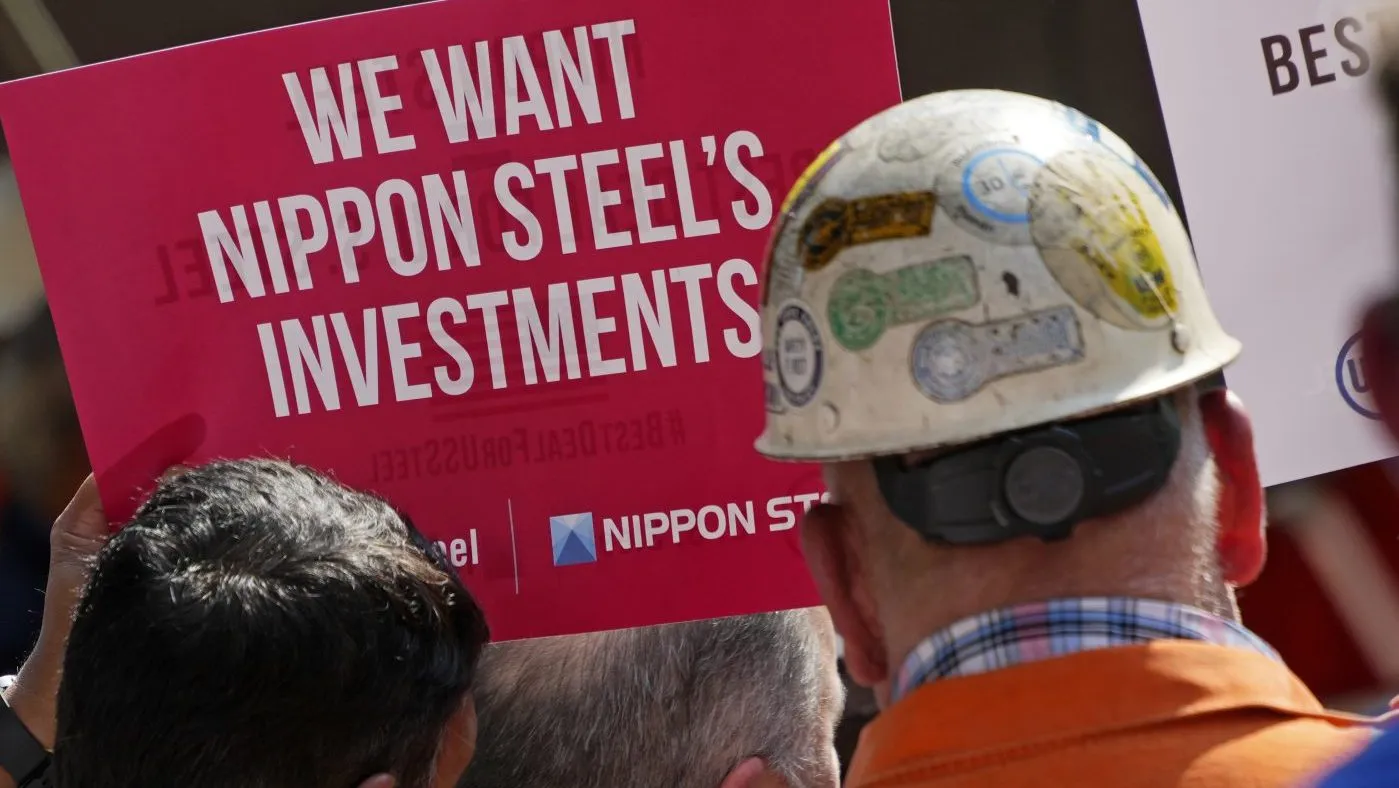Nippon Steel's $1.3 Million Lobbying Amid Acquisition Concerns

Nippon Steel's Intensified Lobbying Efforts
The Japanese steelmaker Nippon Steel has invested a staggering $1.3 million in lobbying efforts during a critical period concerning its proposed acquisition of U.S. Steel. This increased spending, particularly from July through September, represents a significant rise over the previous $1.1 million expended in the prior seven months, demonstrating the company's commitment to counteract governmental threats to block the merger.
Political Opposition to the Proposed Merger
Following the announcement of the $15 billion acquisition last December, Nippon Steel faced vocal opposition from legislators across the political spectrum. Lawmakers have branded the sale of U.S. Steel as "fundamentally troubling," which has further complicated the path forward for Nippon Steel.
Strategic Lobbying for Regulatory Approval
Nippon Steel secured the lobbying services of Akin Gump Strauss Hauer & Feld shortly after the acquisition announcement. The firm has been actively engaging with key governmental entities, including the House, Senate, and various departments involved in trade and commerce, on matters related to the merger.
Impending Decision Influencing Future Outcomes
In a crucial moment for the merger, President Biden was poised to block the acquisition in September; however, Nippon Steel's vice chair made urgent appeals to senior officials in an effort to sway the decision. Shortly thereafter, the Committee on Foreign Investment in the United States (CFIUS) allowed Nippon Steel to refile its bid, postponing the final decision until after the elections.
The ultimate impact of the election timing on the merger remains in question, particularly as notable opposition persists from respected figures such as Vice President Harris and former President Trump, alongside the United Steelworkers Union. Additionally, U.S. Steel has indicated potential staff cuts and relocation of its headquarters if the acquisition does not materialize.
This article was prepared using information from open sources in accordance with the principles of Ethical Policy. The editorial team is not responsible for absolute accuracy, as it relies on data from the sources referenced.